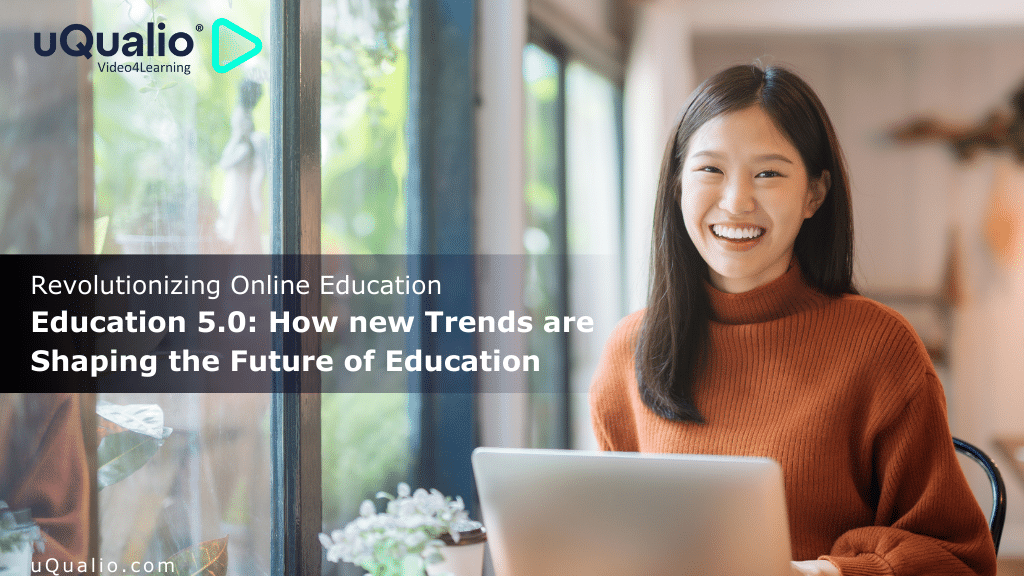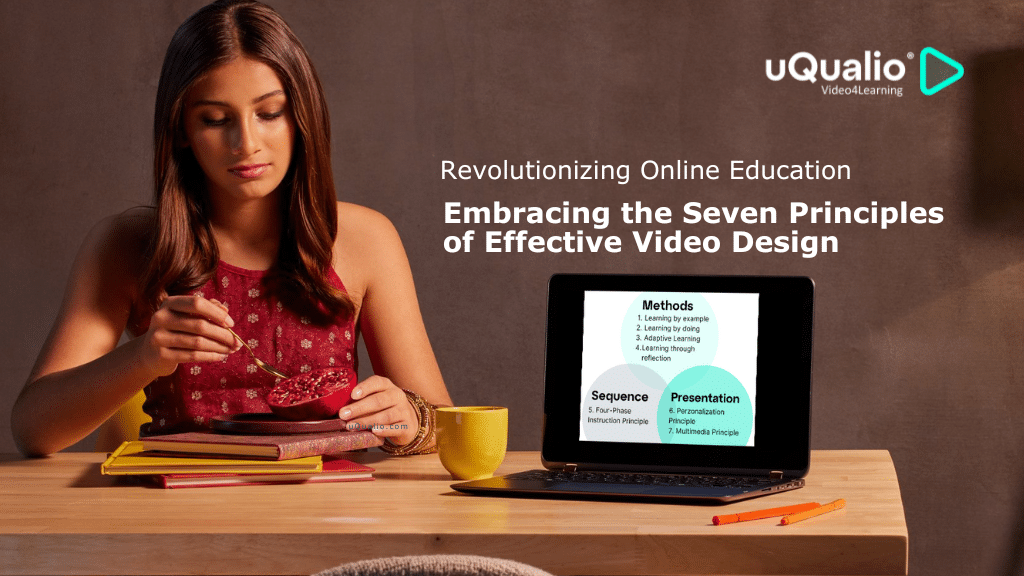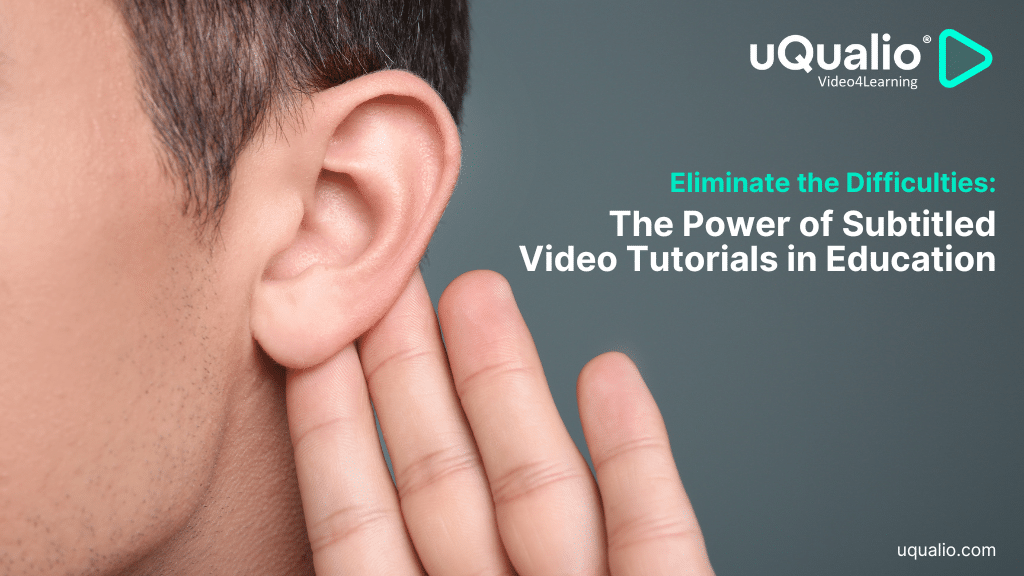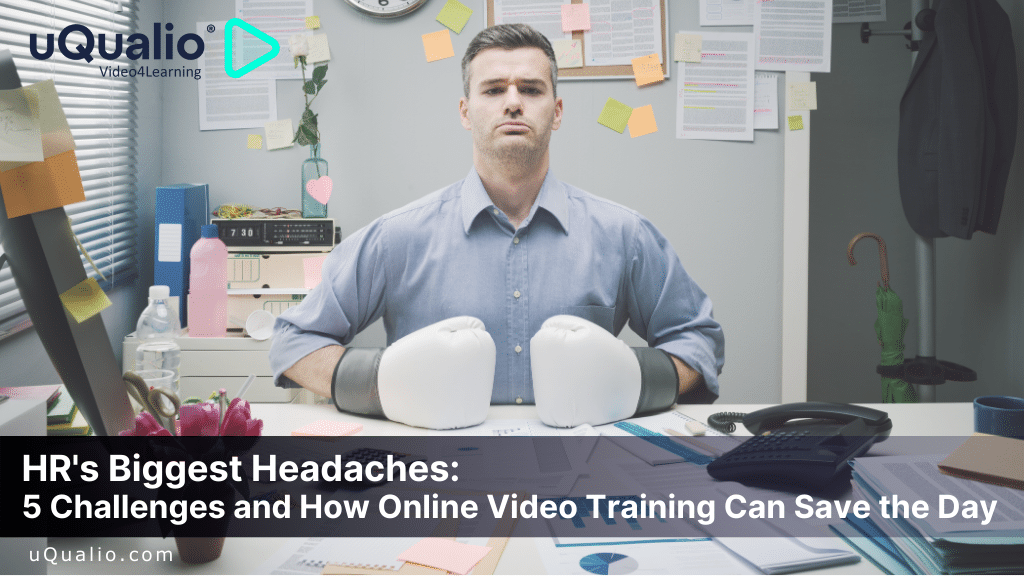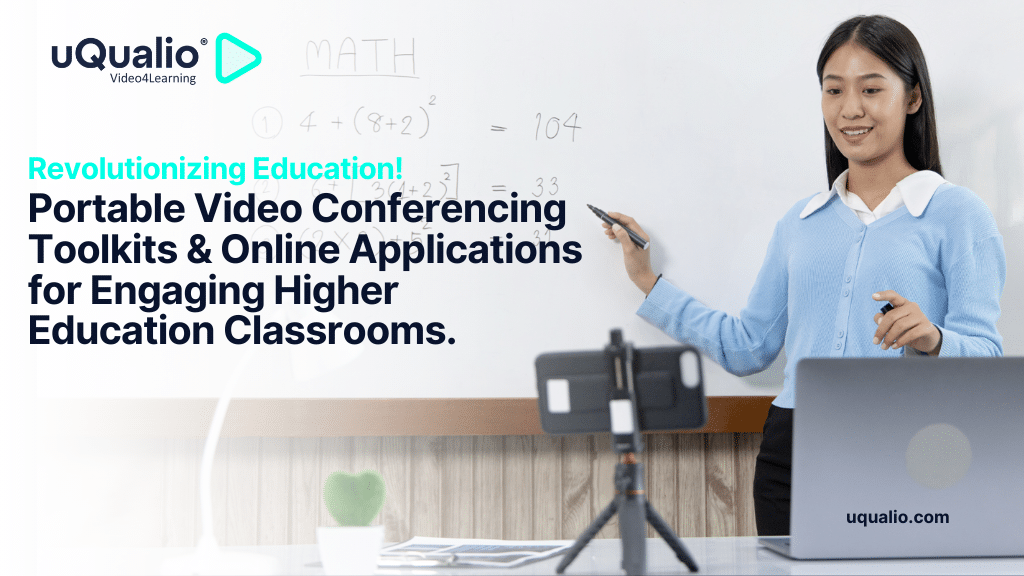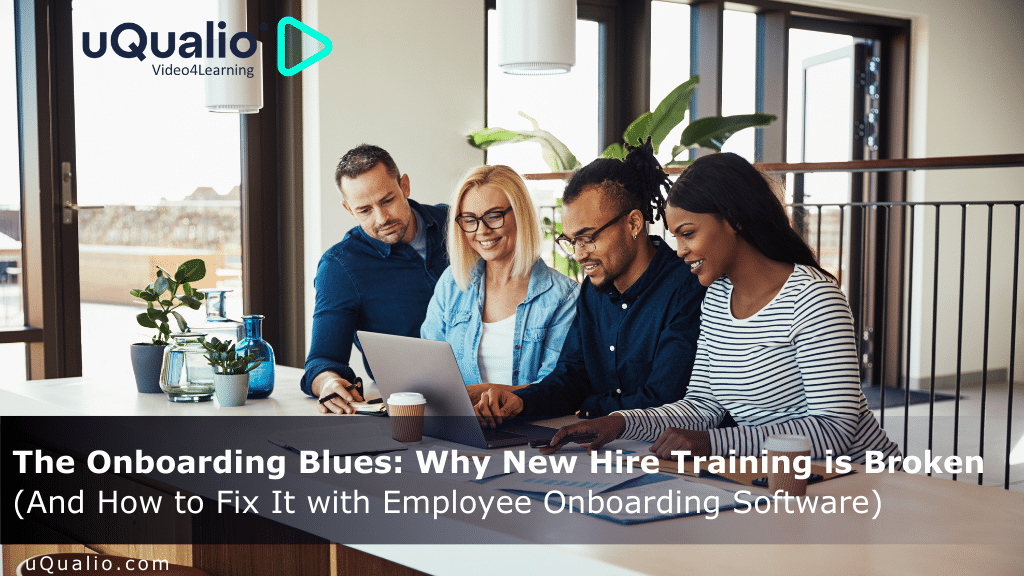Want to increase students’ grades? Studies show that pre-recorded video improves education. Using pre-recorded videos together with existing classes (but also without) results in more efficiency and leads to better exam results.
Meta research published in Review of Educational Research, a peer-reviewed journal of the American Educational Research Association, shows the benefits of video-based training. Their 2021 analysis of more than 105 studies that looked at college students taught via live lectures, pre-recorded lectures, or a combination of the two, clearly demonstrated that video is improving the field of education.
The 105 studies combined a sample of 7,776 college students. When it came to pre-recorded lectures, the researchers discovered the following: When students learned from a video, instead of conventional lectures, the average grade jumped from a B to a B+.
When said students combined video lessons with an existing class the outcomes rose from a B to an A.
The study’s lead author is Michael Noetel, a psychologist from Australian Catholic University In an interview by TechLearning.com, he explains that he expected the video would be fine. But, that video learning surprisingly outperformed in-person learning. It may have larger implications for flipped learning, remote learning, and in-person lectures.
Why Are Pre-Recorded Videos Effective for Learning?
Much of the time video learning is more effective. This is because all the rubbish is cut out and edited to be more concise. The irrelevant stories are avoided. Plus, students can skip the parts of our lectures that they already know or think are boring. So ‘controlling the narrative’ is a key component of video-based learning.
Notel further says. “When students can self-pace, they’re much more likely to be able to catch up if they miss something,”
Additional research suggests that humans are best at learning when they both visually see and auditory hear new information.
Limitations of Video Learning?
“The study we did really focused on the highest kind of quality research to make causal claims,” Noetel says. “So we’re fairly sure that if you randomize people and give them videos, instead of most other types of learning, they do better. The thing that we don’t know is how that works in practice, and how that would work around the globe or in say areas where there isn’t ubiquitous internet access. The education system this year is seeing how so many learners don’t have the privilege of high-speed internet or even their own devices. So I don’t think videos are a panacea because at the moment. They can’t get everywhere and to everybody.”
At uQualio Video4Learning, we of course also believe that pre-recorded videos empower the learner and the educator alike. It’s about efficiently getting your message across and sharing critical knowledge with the least effort.
Achieve Effective & Affordable Video Training
– uQualio is an award-winning, easy-to-use, all-in-one NextGen LMS software for any types of online video training.




